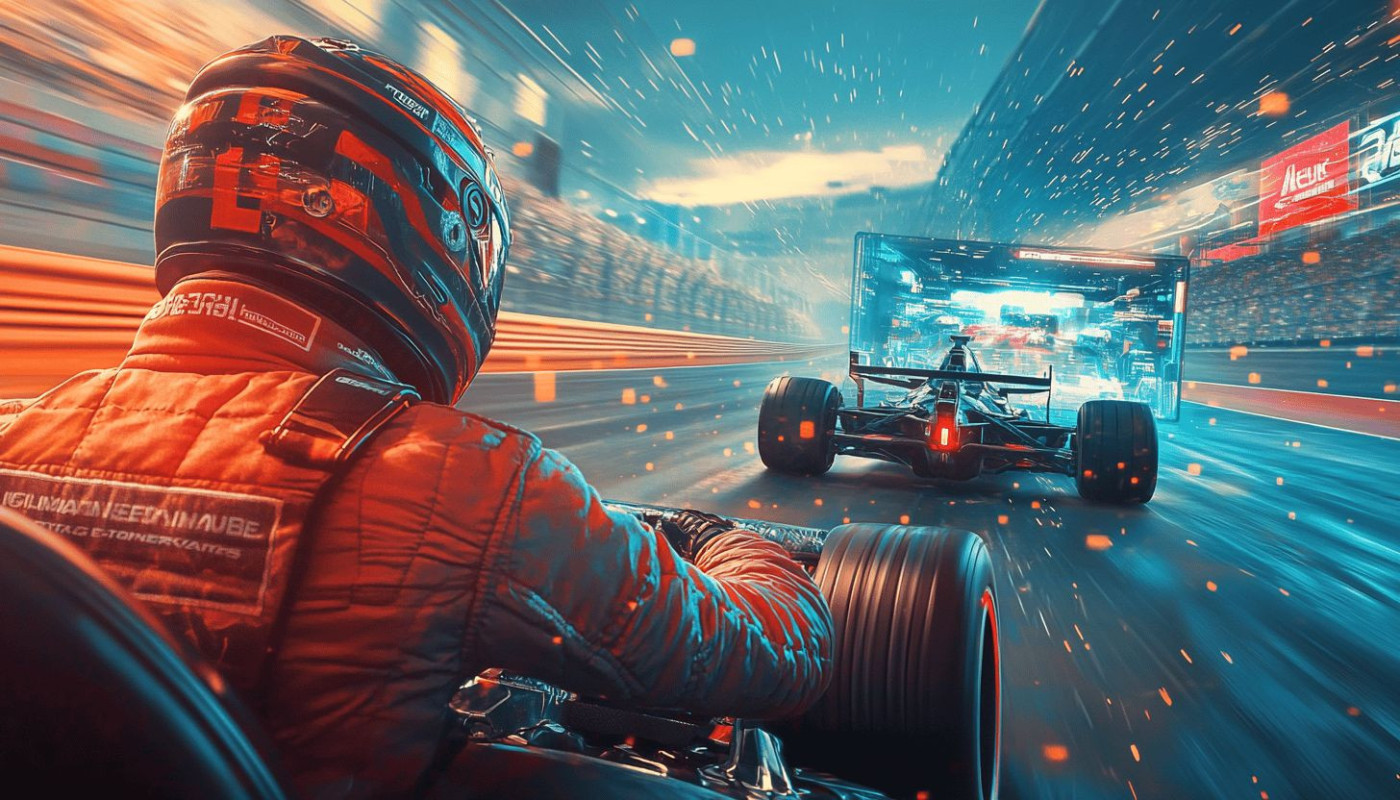Table of contents
The rapid rise of virtual racing competitions has brought about a fascinating intersection between the digital and physical worlds of motorsport. As esports steadily gains legitimacy and a wider following, questions emerge about its potential to redefine traditional racing pathways. Explore how the fusion of technology and talent is shaping the future of competitive racing and why understanding this shift is vital for anyone with an interest in motorsport’s evolution.
The rise of virtual competition
The surge of esports growth has significantly impacted the landscape of competitive racing, delivering unprecedented opportunities for both emerging talents and established professionals. Digital motorsport platforms now offer hyper-realistic racing simulation experiences, incorporating intricate vehicle dynamics and advanced force feedback technologies that closely mirror the physical demands of real-world circuits. This heightened realism, combined with the convenience of online competition, has democratized access to racing: aspiring drivers can now develop their skills and compete globally without the prohibitive costs associated with traditional motorsport. In addition, the immersive nature of virtual racing draws a younger demographic, fueling continued expansion and diversification within the motorsport community. For an insightful look at how gaming milestones have shaped this sector, explore this hyperlink for a comprehensive overview of F1 games that changed the face of virtual racing.
Bridging digital and real-world racing
Sim racing has dramatically shifted the landscape of driver training, offering a sophisticated platform where esports drivers refine racing skills that directly impact real-world performance. Through virtual competitions, participants regularly engage with telemetry data, enabling precise analysis of braking points, throttle application, and racing lines, all of which mirror professional motorsport standards. The strategic elements inherent in esports—such as racecraft, tire management, and adapting to dynamic weather conditions—require a high level of adaptability and critical thinking. Reflexes are sharpened in intense, split-second scenarios, while the competitive atmosphere encourages the development of mental resilience under pressure. This digital training ground not only cultivates technically proficient drivers but also bridges the gap between gaming and the professional paddock, ensuring that participants are thoroughly prepared for the demands of traditional competitive racing.
Expanding career pathways for drivers
Esports has revolutionized motorsport careers by broadening the spectrum of racing opportunities for ambitious drivers, enabling access to alternative racing domains beyond the classic circuits. The global reach of digital platforms has transformed the way esports talent is discovered and nurtured, with sophisticated scouting processes identifying emerging drivers who excel in virtual environments. These platforms not only facilitate the development of technical driving skills but also provide valuable exposure to teams, sponsors, and industry insiders, often bypassing the traditional barriers of entry associated with physical motorsport. In sum, aspiring professionals now benefit from a more inclusive and dynamic landscape, where digital achievements can translate into real-world racing contracts, team roles, or media positions, emphasizing the crucial role of esports in shaping alternative and innovative motorsport career trajectories.
Changing fan engagement and sponsorship
The surge in esports racing has radically reshaped fan engagement within the motorsport world, challenging traditional boundaries between competitors and spectators. Live streaming platforms have made it possible for a global online audience to access events in real time, breaking down geographical barriers and creating new avenues for interaction. Unlike conventional races, esports events often feature interactive broadcasts that allow viewers to influence outcomes, participate in live chats, and even engage directly with drivers, deepening their emotional investment in both teams and brands. This heightened level of engagement creates fertile ground for racing sponsorship activation, as sponsors can now design dynamic digital campaigns that respond to live audience behavior and preferences. In this rapidly evolving environment, esports marketing strategies must emphasize authenticity, interactivity, and continuous engagement, ensuring that sponsors' messages resonate during every stage of the event and well beyond the finish line.
The future of competitive racing
The future of racing is poised for unprecedented transformation through the integration of esports and traditional formats, largely fueled by rapid advancements in racing technology and evolving motorsport trends. Hybrid events, which combine virtual and physical racing experiences, are becoming increasingly prominent, offering unique opportunities for driver development and fan engagement. Esports integration allows aspiring drivers to showcase their skills in a digital environment before transitioning to real-world tracks, lowering barriers to entry and broadening the talent pool. Simultaneously, established teams are leveraging data analytics and simulation tools inspired by esports platforms to enhance vehicle performance and strategize for real-world competition, accelerating the pace of racing evolution.
This synergy is reshaping both the industry standards and the expectations of fans, who now anticipate a seamless blend of digital and live racing content. Next-generation competitors are likely to be well-versed in both virtual and physical disciplines, equipped with a diverse skill set that reflects the convergence of these domains. As the gap between esports and traditional motorsport narrows, the trajectory of competitive racing will be defined by the adoption of immersive technologies, global connectivity, and a shared ecosystem where digital prowess is as valued as mechanical expertise. The motorsport community should expect further innovation, with hybrid events serving as a testing ground for new formats, audience experiences, and pathways to the professional ranks, ensuring the ongoing evolution of this dynamic sport.
On the same subject





